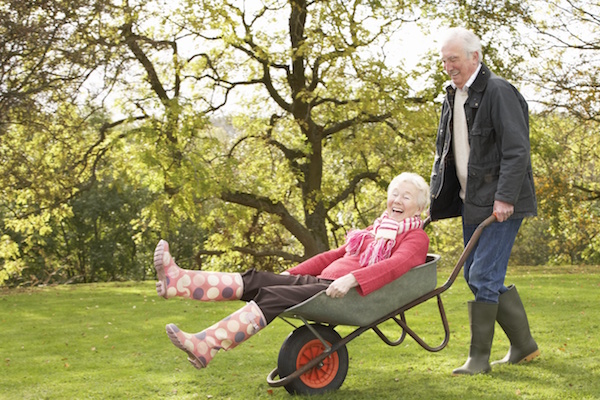
MONDAY, June 10 (HealthDay News) — Certain brain changes may help explain why many older adults become clumsier as time goes by, a new study says.
Age-related declines in vision, agility and other physical abilities can lead to an increase in problems such as knocking over a glass while reaching for the salt shaker or fumbling while trying to slide a key into a lock.
But some of the increased clumsiness may be due to changes in the mental frame of reference that older adults use to visualize nearby objects, say researchers at Washington University in St. Louis.
“Reference frames help determine what in our environment we will pay attention to and they can affect how we interact with objects, such as controls for a car or dishes on a table,” study co-author Richard Abrams, a professor of psychology in arts and sciences, said in a university news release.
“Our study shows that in addition to physical and perceptual changes, difficulties in interaction may also be caused by changes in how older adults mentally represent the objects near them,” he explained.
The study, recently published in the journal Psychological Science, included young and older adults who were given a series of simple tasks involving hand movement. The young adults used an “action-centered” reference frame when picking up an object. This means that they remained aware of and sensitive to potential obstacles along their hand’s path of movement.
But older adults used a “body-centered” reference frame, which means they devoted more attention to objects that were closer to their bodies, whether or not they were along their hand’s path of movement. As a result, they were less able to adjust their hand movements to avoid obstacles, the researchers said.
More information
The U.S. National Institute on Aging has more about health and aging.

